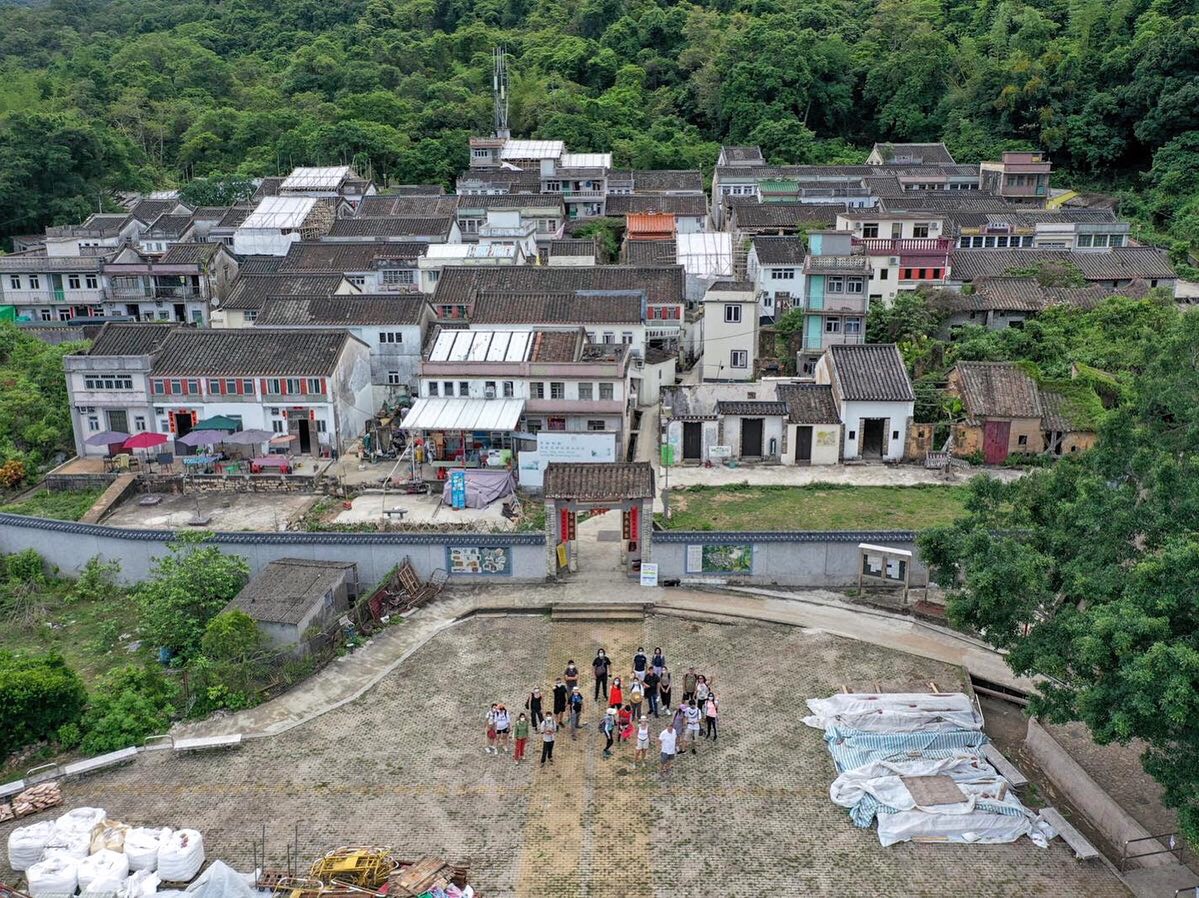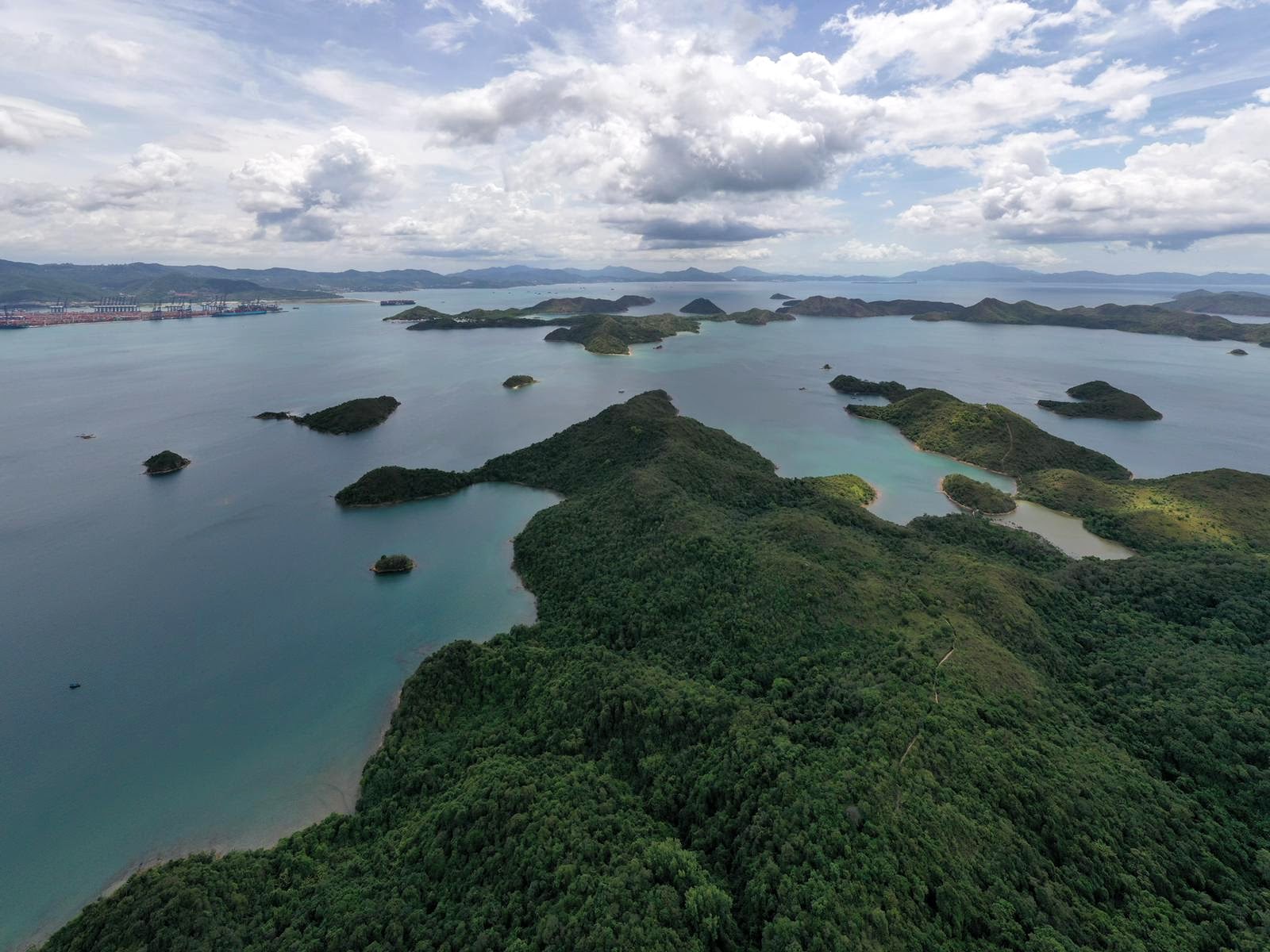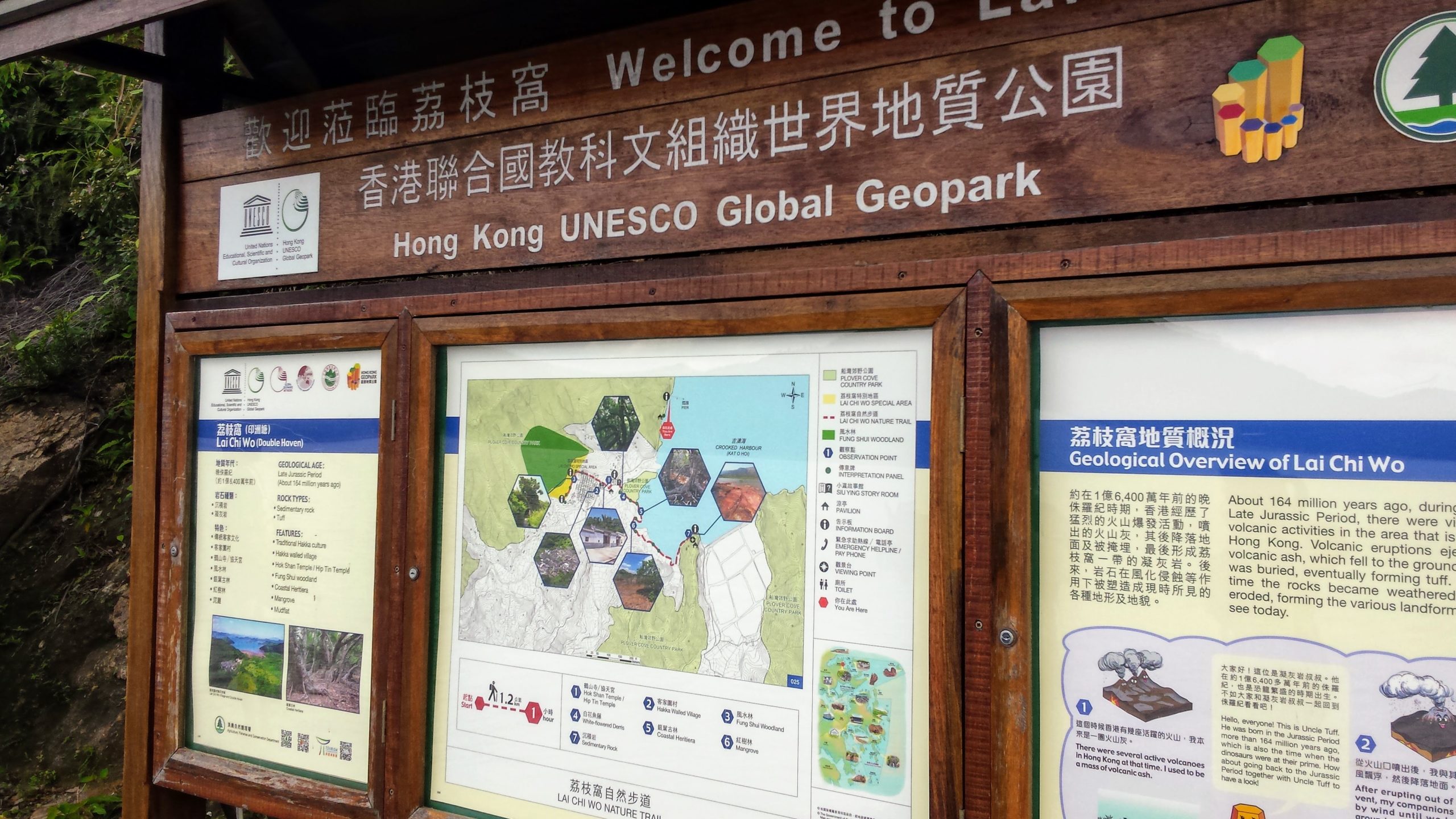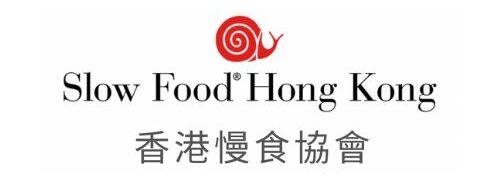Eco-tour and Farm Visit to Lai Chi Wo

Join Slow Food Hong Kong in a rare opportunity for a daytrip to see a once abandoned 400-year-old Hakka Village, now revived by nature-friendly farming.
Located almost near the Shenzhen border sits one of Hong Kong’s oldest Hakka villages. Founded nearly 400 years ago, Lai Chi Wo was a small but self-sufficient farming community, isolated but full of life as a tight clan society would be. As generations passed, it became just another derelict and abandoned village. Fortunately, in collaboration with landowners, villagers and farmers, the Hong Kong Countryside Foundation and the Conservancy Association revitalized the abandoned farmland. In re-introducing nature-friendly farming to the land in 2013, the landscape has been recovered, biodiversity increased and an active community was re-established. A formal agreement was developed in 2017 to promote eco-friendly agriculture, sustainable rural lifestyle and nature conservation. Eco-friendly agriculture practices are implemented on the basis of organic farming. Non-GM crops are grown. Ecological enhancement works are conducted to improve habitats and enhance local biodiversity.
Now Lai Chi Wo is one of the oldest, biggest and best-preserved rural settlements in the northeast New Territories of Hong Kong. Situated inside the Plover Cover Country Park, it even became a symbol of rural revival in Hong Kong with “Special Recognition on Sustainable Development”, in the 2020 Asia-Pacific Awards for Cultural Heritage Conservation.

Nestled in a breath-takingly scenic archipelago, this guided tour will include a visit and walk around the historic village as well as the outdoor eco-farm. If the time is right, we may participate in a farm workshop to harvest ginger, followed by a traditional lunch of Hakka dishes prepared by a villager. Another highlight is simply the incredibly beautiful boat ride to and from Ma Liu Shiu pier and Lai Chi Wo village.
By joining the tour, your participation also contributes to:
• Conserving wildlife by providing home and food
• Supporting local farming and village revitalization
• Restoring wetland farming and traditional paddy cultivation in Hong Kong

Tour rundown
08:50 – gather at Ma Liu Shui pier (10-minute walk from Chinese University MTR station)
09:00 -10:30 – boat tour to lai Chi Wo along Tolo Channel, Bluff head and Double Haven, Lai Chi Wo, the Hong Kong UNESCO Global Geopark
10:30 – 12:30 – Eco-farm work or DIY workshop
12:30 – 14:00 – Lunch in village
14:00 – 15:30 – Eco-walk at village, Fung Shui woods and farmland
15:30 – 17:00 – Depart from Lai Chi Wo by boat
17:00 – arrive at Ma Liu Shui pier
Details
Date: 19 December 2021 (Sun)
Time: 8:50am to 5pm (approx)
Meeting point: Ma Liu Shui pier
Cost:
- HKD 750 (or HKD 650 for kids aged 4 or under) per person for Slow Food members
- HKD 800 (or HKD 700 for kids aged 4 or under) per person for non-members, includes 1 year membership to Slow Food
- The price includes lunch and return ferry. Kids must be accompanied by an adult participant.
- In the event that the minimum number of participants required for the tour is not met, full refund will be provided to those who have registered and paid.
Participants will need to have received 2 doses of COVID-19 vaccines at least 14 days before the event, and be able to show the vaccination record as proof. The event will be subject to the prevailing legislative requirements on social distancing.
Register Here
Fully booked. Please email info@slowfood.com.hk to be put on the waiting list.

